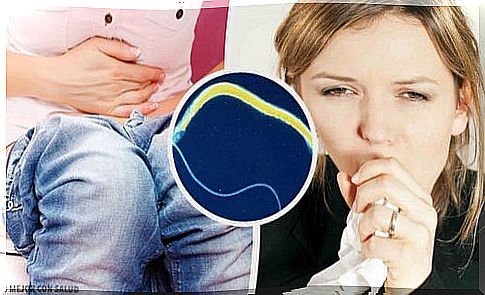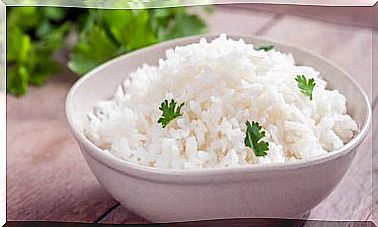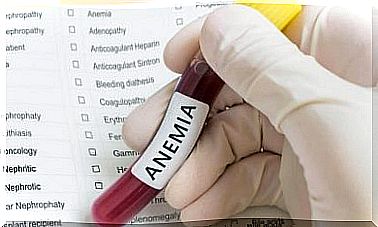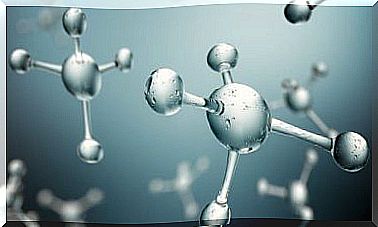Ascariasis: Symptoms And Treatment
Ascariasis is an infection caused by the roundworm Ascaris lumbricoides. It is the most common human infection caused by worms in the world.
Ascariasis is much more common in developing countries where sanitary conditions are poor. Also, it is prevalent in areas where human feces are used as compost. When the eggs are ingested and they reach the intestine, they hatch and become larvae.
How is ascariasis spread?

The infection begins when ascaris eggs are ingested, usually in contaminated food. In turn, food becomes contaminated through contact with soil that in turn has been contaminated with human feces containing eggs.
Ascaris eggs are hardy and can survive in the ground for years. Once ingested, the ascaris eggs hatch and release the larvae into the intestine. Each larva migrates through the wall of the small intestine and is carried through the lymphatic vessels and the bloodstream to the lungs.
The larva matures in the small intestine, where it remains as an adult worm, this process takes 2 to 3 months. Adult worms are 15–50 cm long and 0.25–0.5 cm in diameter; they live 1 or 2 years.
The eggs laid by the adult worms are excreted in the feces, develop in the soil, and restart the infectious cycle if they are ingested again.
Symptoms
Most people with ascariasis have no symptoms. However, ascariasis causes different symptoms depending on the part of the body affected.
Ascariasis in the lungs
Once you eat eggs, they hatch in the small intestine, and then the larvae travel through the bloodstream or lymphatic system to the lungs.
Symptoms similar to asthma or pneumonia may occur, including a persistent cough, shortness of breath, and wheezing. After 6 to 10 days, the larvae make their way to the throat.
Intestinal ascariasis
Inside the small intestine, the larvae mature into adult worms, which usually live in the intestines until they die. In mild or moderate ascariasis, intestinal infestation can cause the following symptoms:
- Mild abdominal pain.
- Nausea and vomiting
- Diarrhea or bloody stools
However, if the ascariasis is more severe, symptoms such as severe abdominal pain, fatigue, vomiting, weight loss, and the presence of worms in the stool and vomiting may appear.
Which is the treatment?

For treatment , antiparasitic drugs with albendazole, mebendazole, or ivermectin are given, which are taken by mouth to eliminate intestinal worms. Sometimes the stool needs to be tested about 3 weeks after treatment is given to check for eggs.
Sometimes it is necessary to surgically remove the worms, particularly in cases of intestinal obstruction, obstruction of the liver passages or abdominal infection. To avoid possible reinfestations, the following precautions are recommended:
- Wash, peel and cook all raw vegetables and fruits before eating. Especially those that have been grown in areas where human feces are used as compost.
- Carry out proper hand washing, especially after defecation, urination and before meals.
- Regularly take pets that live with the family to the vet to check for worms.
- Keep nails short and clean.
- Wash contaminated clothing, such as pajamas and bedding, on high heat.
Complications of ascariasis
Mild cases of ascariasis usually do not cause complications. However, if the infestation is significant, complications can be dangerous. These include the following:
- Growth retardation – Loss of appetite and poor absorption of digested food result in not receiving enough nutrition, which can delay growth.
- Intestinal blockage and perforation: If the infestation is significant, the mass of worms can block a part of the intestine. Also, it can cause abdominal cramps and vomiting. The blockage can even perforate the intestinal wall or appendix. For this reason, there may be internal bleeding or appendicitis.









